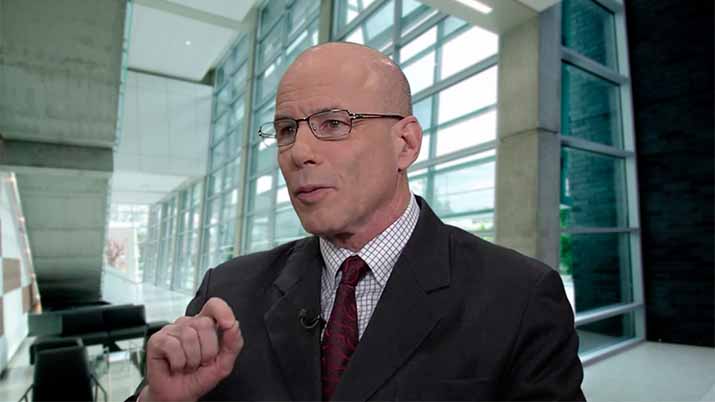Dr. Stephen Klasko’s vision is set on healthcare’s future.
Klasko, currently president and CEO of Thomas Jefferson University and Jefferson Health System in Philadelphia, was CEO of USF Health and Dean of the Morsani College of Medicine at the University of South Florida for nine years. Then as now, Klasko sees not just a reform of the U.S. healthcare system, but a complete transformation.
He sees health informatics as a major part of that transformation.
Klasko told us “that information technology is going to change [healthcare] as much as the computer changed the way that we deal with everything else.”
Klasko sees this as healthcare catching up with just about everything else.
“You don’t bank any way you used to 20 years ago. You don’t buy books any way you used to 20 years ago. But we still have the same kind of health,” Klasko said in a TEDx talk.
“You want to know what your cholesterol was three years ago, you go and call an office. You hope the nurse has it on a paper chart,” Klasko said.
Klasko envisions a future where patients can not only schedule a doctor’s appointment online, but one in which the visit itself can occur via the Internet.
“We’re going to be one of the first places in the country where people can access their practitioners in the cloud,” Klasko said of USF Health. “You have a question at 10 o’clock at night; you can call a USF Health professional on Skype. You can do it in the cloud. We have a very, very exciting online health piece.”
This transformation, of course, requires the input of professionals whose expertise lies outside medicine.
“So you think about all the things we take for granted today, like iPhones and the way that we interact, think about all of the people that were involved in that,” Klasko said. “It was the hardware people. It was the software engineers.
“But it was really creating a different experience,” Klasko continued. “Our goal is to create a different experience for both the patient and the provider in healthcare using information technology.”
It’s also going to require physicians with a mindset different from those often associated with them. The transformation is going to require doctors who are less captains of the ship than members of healthcare teams that include clinicians, nurses, health informaticists and more.
Doctors of the future, Klasko said, will be “emotionally intelligent” and possess “self-awareness, self-management, the ability to adapt, social awareness, empathy and relationship management.” Klasko adds that physicians will need to “embrace change instead of fighting it.”
“Our mission,” he added, “is to make life better.”



